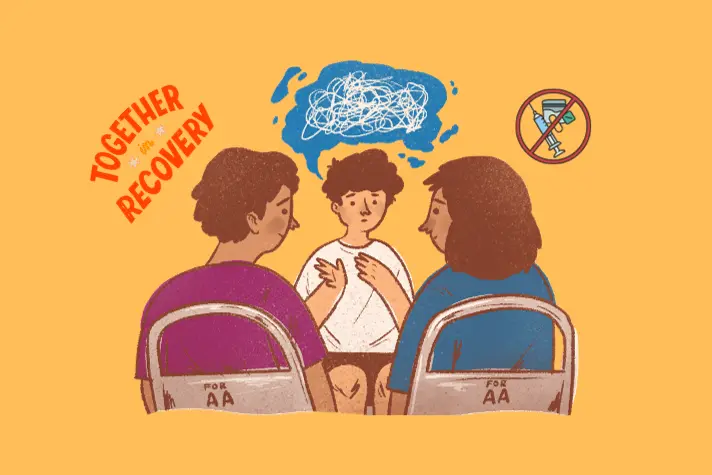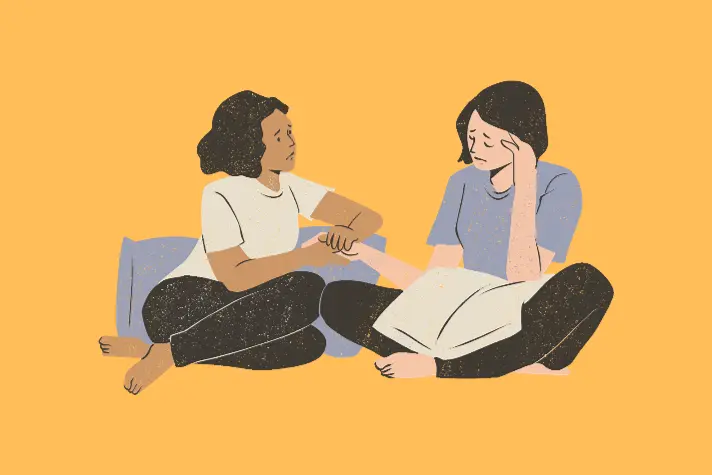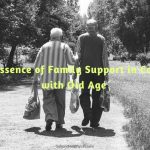
Addiction has long been considered something that impacts the entire family. This means that the friends and family of the individual struggling with addiction and going through recovery also need support.
At times, the family and friends of the addict help enable the addict, instead of helping the individual. Often, families attempt to ignore the problem and push the person away instead of insisting the addict goes to therapy.
There are many different therapy approaches that you can take when considering how to support a friend or family member through recovery at a place like The Palm Beach Institute.
The common physical signs of addiction are:
- Tolerance: The need for increasing amounts of the substance or engagement in the behavior to achieve the desired effect.
- Withdrawal symptoms: The emergence of physical and psychological symptoms when the substance or behavior is discontinued or reduced.
- Increased consumption: A noticeable increase in the frequency or quantity of substance use or engagement in the addictive behavior.
- Neglect of responsibilities: A decline in one’s ability to meet personal, professional, or educational obligations due to addiction.
- Loss of control: Repeated unsuccessful attempts to cut down or control substance use or addictive behavior.
- Continued use despite adverse consequences: The persistence of addiction despite experiencing negative physical, emotional, social, or legal consequences.
- Physical changes: Observable physical changes that can occur due to substance abuse, such as weight loss or gain, changes in skin complexion, bloodshot eyes, or poor personal hygiene.
- Changes in sleep patterns: Insomnia, oversleeping, or disrupted sleep due to addiction.
- Changes in appetite: Either a significant increase or decrease in appetite, which can result in weight changes.
- Neglected self-care: A lack of self-care and personal grooming, often due to a focus on obtaining and using the substance.
- Shaking or tremors: Physical tremors or shaking, which may be most noticeable during withdrawal.
- Health problems: The emergence of health issues related to the substance or behavior, such as lung problems for smokers, liver damage for heavy drinkers, or malnutrition for those with eating disorders.
- Track marks or injection sites: For individuals addicted to intravenous drugs, visible marks on the skin from needle injections.
- Poor coordination and slurred speech: Impaired motor skills and speech due to the influence of substances like alcohol or drugs.
- Changes in eye appearance: Dilated or constricted pupils, bloodshot eyes, or unusual eye movements due to drug use.
Why Having A Supportive Family And Friends Is So Important?
No matter which approach you to determine is best for your family, it is important to understand the dynamics of your family. If you do not take that into consideration, rehab may not work for your loved one. It is critical to remember that addiction is powerful.
Most often when a family has been struggling with addiction, there is usually a problem with communication. That is typically the first place to start when working through therapy. This is a positive investment in your family. It can help your family through the journey of recovery and self-awareness.
Furthermore, after basic physiological and safety needs, social needs are also equally important. An addict, even after recovery, finds trouble connecting socially.
They may feel to belong to a social group but again fail to communicate. Only known friends circle can be helpful for them to overcome the situation gradually and eventually, they gain confidence.
Things To Consider While Supporting An Addict During Recovery
There are some things to consider as the family and friends of an addict. When a member of your family is an addict, there are some steps you should consider when trying to help that person.
- You should not enable the addict’s behavior by making excuses for or covering up what they do while using drugs.
- You cannot attempt to protect them from the consequences of their behavior.
- You should not try to bribe, threaten, punish, or preach to your family members. This is not going to help them recover from their addiction.
- You do not want to be a martyr. You do not want to appeal to the emotions of the addict. This may force the person to feel guilty and compel them to use more drugs.
- You should not take on the responsibilities of the addict. While this may make sure that the things they are supposed to do get done, it does not solve the problem. Not only that, but it may make the person feel like they are not important or like they lost dignity.
- Do not attempt to hide or throw away their drugs.
- You should not attempt to discuss items or argue with the person when they are high on drugs. This will not have a positive result.
Stay Caring And Involved After Recovery

The harsh truth is addiction is a chronic disease and it has no quick fix. It usually takes a long time to recover. When your loved one has successfully finished his/her inpatient or outpatient treatment, the healing process still needs to continue after coming back home.
Therefore, everyone in the family may need to adopt a healthy lifestyle to motivate the person. This often includes having an alcohol or any kind of addiction-free environment.
Eventually, a stable and healthy atmosphere at home will help him/her to stay sober. Consequently, there will be fewer chances of collapse after recovery.
Additionally, recovered patients may stay isolated to avoid embarrassment after returned back to home. The constant support and care from close friends and family can cheer them up and encourage them to sobriety. No doubt, for long-lasting recovery, wholehearted closed ones’ support is the primary need.
Find Support For Yourself
If your family member is going through an outpatient program, they will still have contact with you and potentially live in your home. You will watch them work through their recovery. There are classes and programs that you can take on your own and with your family member who is going through recovery.
In addition, when your family member is going through an inpatient program, they will be away from you for an extended period of time. This gives you time to go through your own sessions and work through the anger and bitterness you may be feeling as a result of your loved one’s actions while using drugs.
Moreover, helping your loved one to rebuild his/her life is wonderful. But this journey can be stressful and exhausting at the same time. Especially when they relapse again in the middle or after recovery, family members shouldn’t be disappointed. So, it’s advisable to join a support group or seek professional help for yourself.
Final Words
By acknowledging the factors, you will know how to support an addict. Constant support, love, and encouragement from family and friends are the only keys to getting well soon.
Guide your loved ones towards a healthy regime like exercising, meditating, participating in sports, etc. Remember, addiction can be a family disease, but recovery is the whole family process.
About The Author:
Erin Hogan, a former Football coach, now a full-time industry marketing manager at Buzzdrip has been writing blogs and ghost blogs for the past five years. He loves traveling and hiking; follow his Twitter account to get some recommendations for your next trip.
Helpful Resources




